Youth Science
All Youth Science Content
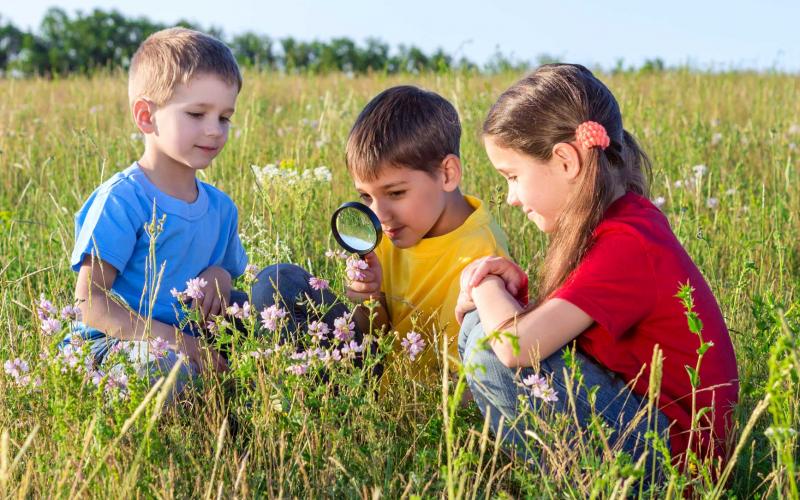
Plant Part Powers!
Following this lesson, participants will be able to identify basic plant parts and use more complex plant part vocabulary.
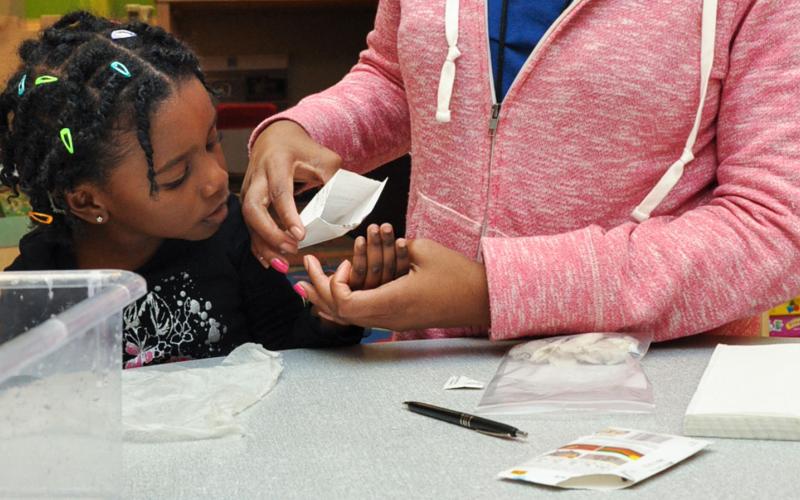
Plant the Seed
In this Grow Getters lesson, students will learn to identify the parts of a seed and the growth and development of a seed to a plant.
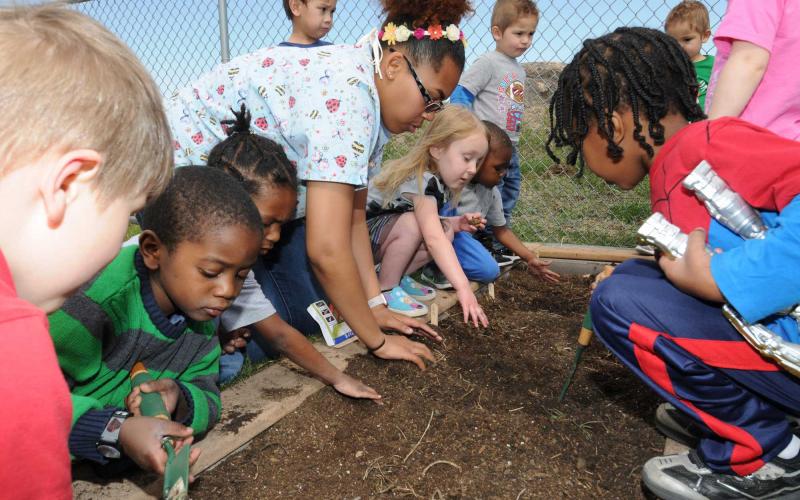
Stupendous Soils
In this Grow Getters lesson, you will answer the questions: “What is soil?” and “How can you make garden soil?”
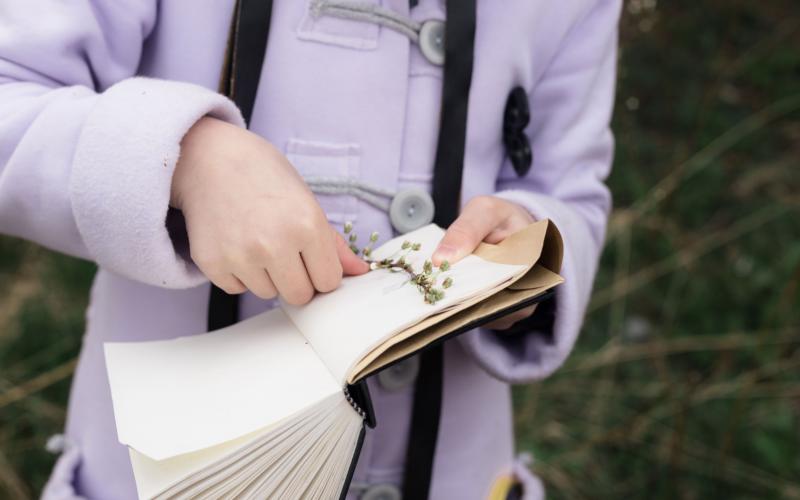
Citizen Science in Your Own Backyard With Phenology
Have you ever noticed the first buds breaking on the trees outside? Perhaps you have made note of when you see the first robin of the spring? If so, then you have been studying phenology without even knowing it.

Importance of Good Record Keeping: The Science & Engineering Notebook
Scientists and engineers use special notebooks or journals to make daily logs of what they are doing and what they have learned.
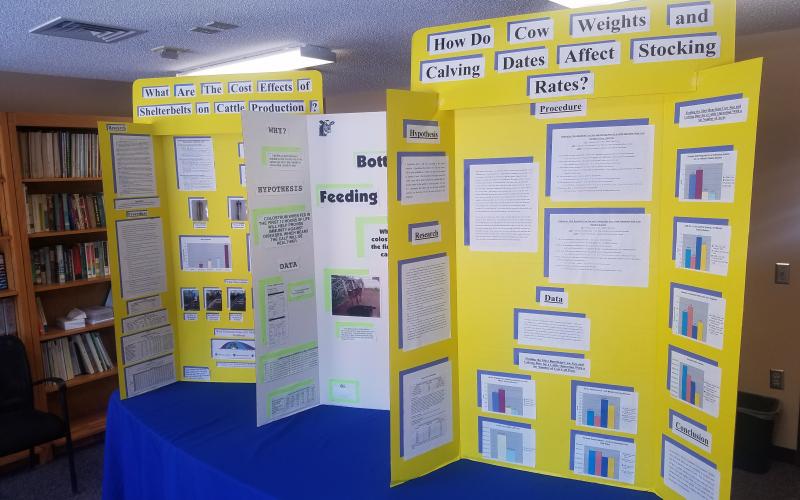
Presenting Scientific Information: Display Boards
For youth participating in scientific discovery, posters and display boards are a very common form of communicating scientific information.
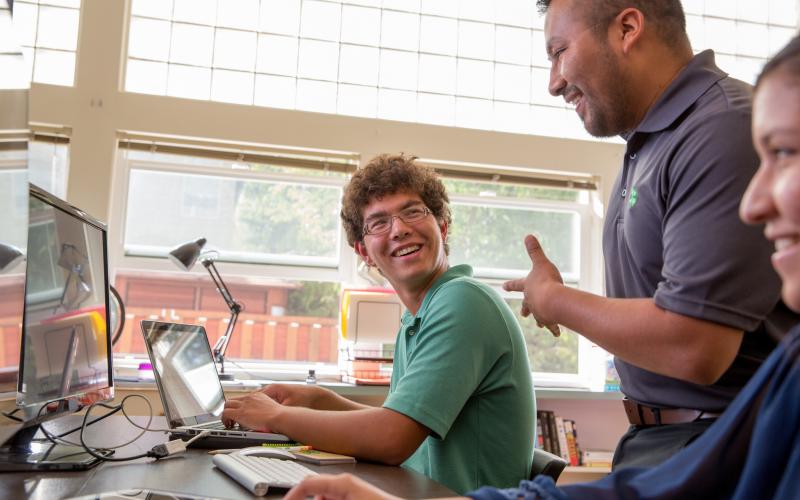
Youth Research: Where to Begin
Whether working on a science fair project, writing a class report, or just looking for general information on a topic it is a good idea to become familiar with the basic practices of conducting research.
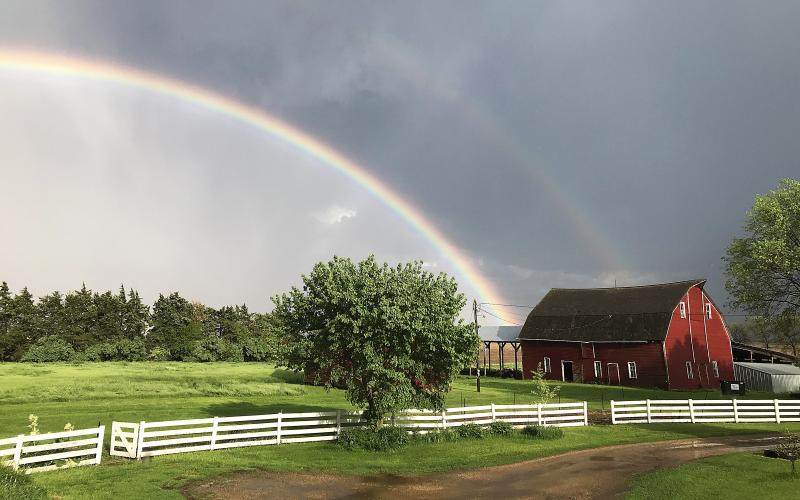
South Dakota 4-H Robotics - Getting Started
In South Dakota 4-H Robotics is about much more than the competition. It is about the development of youth through experiential learning. During the program youth are introduced to a variety of science, technology, engineering, and math (STEM) concepts, but also develop a variety of life skills including, but not limited to: problem solving, communication, and teamwork.